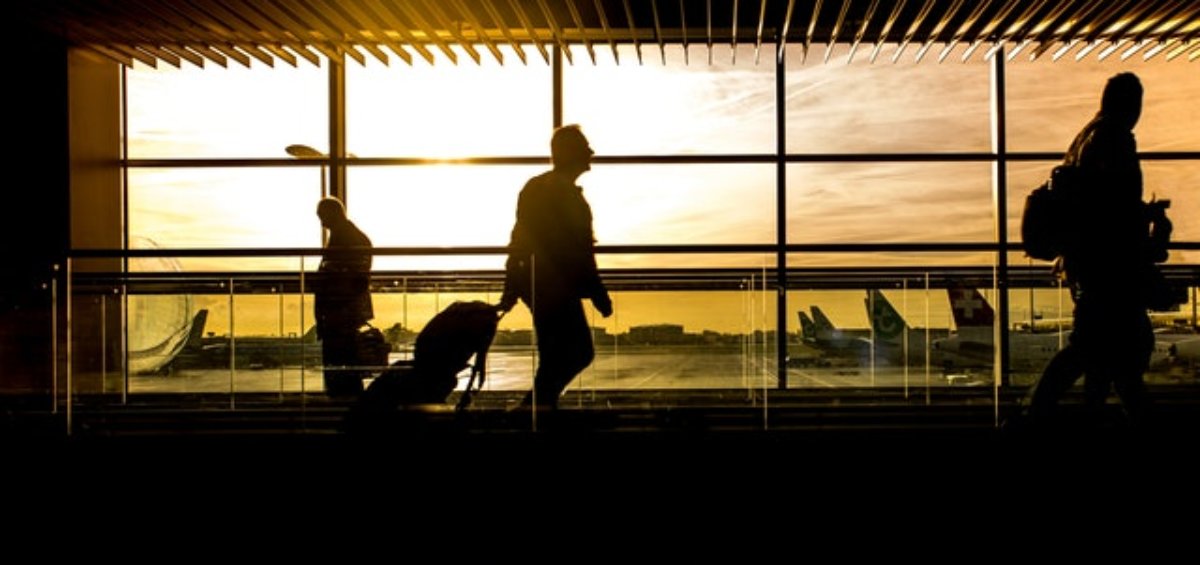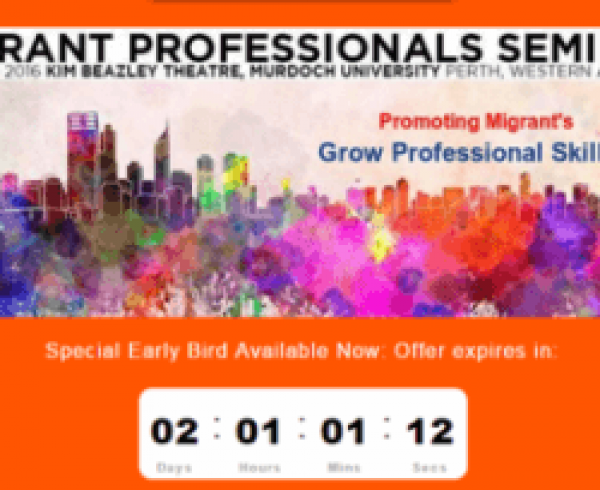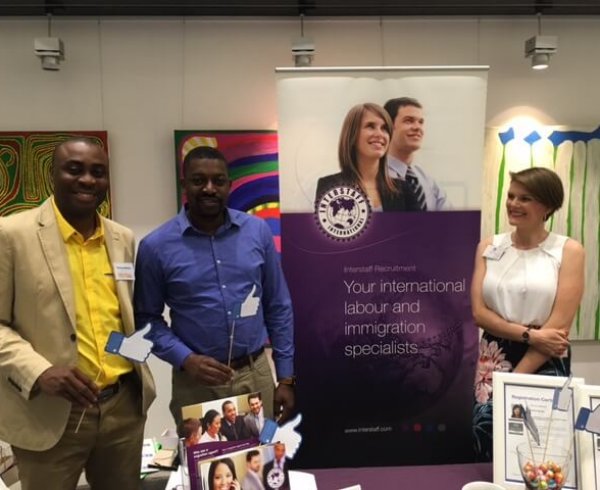COVID-19 Impact Australian Travel | International travel restrictions due to COVID-19 are continuing to impact Australian travellers in many ways. Here’s a summary of the situation at present for Australian visa holders, permanent residents and citizens.
1. Only Australian citizens, permanent residents and visa holders with a valid travel exemption can come to Australia
Under Australia’s current international travel ban, travellers can only come to Australia if they are an Australian citizen, Permanent Resident or immediate family member, or if they hold a valid visa and travel exemption – for example, for critical work or compassionate reasons. Maritime and oil rig crew are exempted with a specific process to manage their exemptions. Find out more about the specific travel exemption criteria and who can come to Australia here.
It is worth noting that exemption applications require substantial evidence and the media has reported many cases of applications being refused, even after applicants have made multiple attempts. You can read about the travel exemption process here.
In addition to the international travel ban, travellers may also need to apply for an exemption for interstate and regional travel.
2. All travellers must meet 14-day quarantine requirements
All international travellers to Australia must meet mandatory 14-day quarantine requirements in the state or territory of their arrival.
New legislation is being prepared that will allow the Australian Government to charge for mandatory quarantine costs.
- The mechanisms for how this will occur are being decided.
- Currently, quarantine costs for work arrangements are usually paid for by the employer, while quarantine for people returning home from overseas is funded by the Government. The changes will make it more costly for people to return to Australia for personal reasons.
- Paid quarantine arrangements are already in place in Queensland.
Travellers are also subject to 14 day state/territory and regional quarantine requirements when moving between states and regions, even if they have already met quarantine requirements upon arriving internationally in Australia.
Businesses should therefore consider arranging direct flights to the state/territory of work for employees wherever possible, to avoid obligations to meet quarantine requirements in multiple states or territories.
3. Australian citizens and permanent residents need a travel exemption to leave Australia
Australian citizens and permanent residents that need to travel out of Australia must apply for an outbound travel exemption and provide supporting evidence for their reasons for travel. You must meet one of the following criteria:
- You are travelling to help provide COVID-19 aid;
- You are travelling for critical work;
- You are travelling to receive urgent medical treatment that is not available in Australia;
- You are travelling on urgent and unavoidable business;
- You are travelling on compassionate or humanitarian grounds;
- Your travel is in the national interest;
The amount of time you have spent outside of Australia may impact your exemption application. Travellers should also be mindful that they will need to be quarantined for two weeks in a government hotel upon arriving back in Australia.
In contrast, Temporary Visa holders do not need an exemption to depart Australia and can leave at any stage provided that their home country allows them to return.
4. Less international flights to Australia due to the COVID-19 Impact on Australian Travel
International flights to Australia have drastically reduced since Australia commenced its overseas travel ban.
Recent Government statistics show there was a 97% decrease in arrivals to Australia over the seven days between 27 April 2020 and 3 May 2020 compared to the same period in 2019 – find out more here.
The number of available flights to Australia was further limited in July 2020 when the Government announced it would halve the already reduced rate of international arrivals to Australia to just over 4,000 people per week.
The Government has capped the number of weekly international arrivals per state to align with this quota – find out more here. To facilitate this change, the Australian Border Force is liaising with airlines to manage the number of incoming passengers.
While eligible travellers can still travel to Australia, the reduction in flights will make it more difficult as fewer flights are available. Travellers will need to wait longer for an available flight and book well in advance to come to Australia.
5. Delays across the migration program
Throughout the COVID-19 period, the government is still accepting visa applications, however, significant delays are being experienced across the migration program. The COVID-19 crisis has impacted visa holders in various ways:
- Temporary Visa holders currently in Australia must ensure they continue to hold a valid visa and apply for a new visa to extend their stay, however, this may be difficult for those who are unable to schedule a flight to return to their home country before their visa expires. Several visa options may be available – such as a Visitor Visa or the new Subclass 408 COVID-19 Stream Visa. You can read about options to extend a person’s stay here.
- Skilled Visa holders may now be receiving visa grants to come to Australia after a period of delays. Between the commencement of the travel ban in March and early July, very few applications were approved as the Government directed resources to manage the impact of the pandemic. Processing now appears to be underway and visas are being granted for some skilled applicants and people who applied for a visa over the past few months.
- States are now no longer issuing invitations for State and Territory Nominated Visas while the Government is deciding on the number of nominations that will be allocated per state for 2020-21. This is expected to be announced before the October Budget.
- Those preparing for Permanent Residence Visa applications may have experienced delays in obtaining skills assessments and English tests. These are now beginning to become more accessible.
- The Government is considering International Student migration as part of Step Three of its Roadmap to a COVID-Safe Australia. However, due to a recent COVID-19 outbreak in Victoria, Australia’s international student pilot trial has been delayed.
- Face-to-face Citizenship ceremonies have recommenced as an option for Australian permanent residents in most states and territories after COVID-19 forced these to be conducted online.
Looking to the future
The Federation of Ethnic Communities Council of Australia (FECCA) is currently pushing for JobKeeper and JobSeeker programs to be extended to Temporary Visa holders that have lost their jobs due to COVID-19.
Currently, visa holders in Australia impacted by the pandemic can access limited support – read our articles about this here and here. New South Wales is now one of the latest states to offer support and funding to Temporary Visa holders in Australia.
As you may have read in the media, the government is also under pressure to:
- Release further information about the criteria it uses to assess whether a travel exemption is granted;
- Consider how travel exemptions for international students may be possible while protecting Australia’s health and safety;
- Ensure the migration program does not displace job opportunities for Australians but is flexible to the needs of the economy;
- Relax visa restrictions for Working Holiday Visa holders to support the agricultural industry;
- Re-evaluate family and skilled Permanent Residence intake levels as part of its review of the composition of Australia’s migration program for 2020-21. We can expect further details in the Government’s October budget announcements.
Interstaff | Over 30 years of experience in Australian visa and migration
Due to the COVID-19 impact on Australian Travel, we especially encourage you to get in touch if you have any visa or migration concerns. ‘Zero-contact’ consultations are available by Zoom or telephone if you need assistance with preparing your evidence requirements for a travel exemption or to find out your eligibility for a new visa, permanent residence or citizenship.
You can reach Interstaff’s registered migration agents at [email protected] or +61 8 9221 3388 (or National Free Call 1800 449 858) for more information about how we can help amidst the COVID-19 impact on Australian travel.
Source:
SBS News






